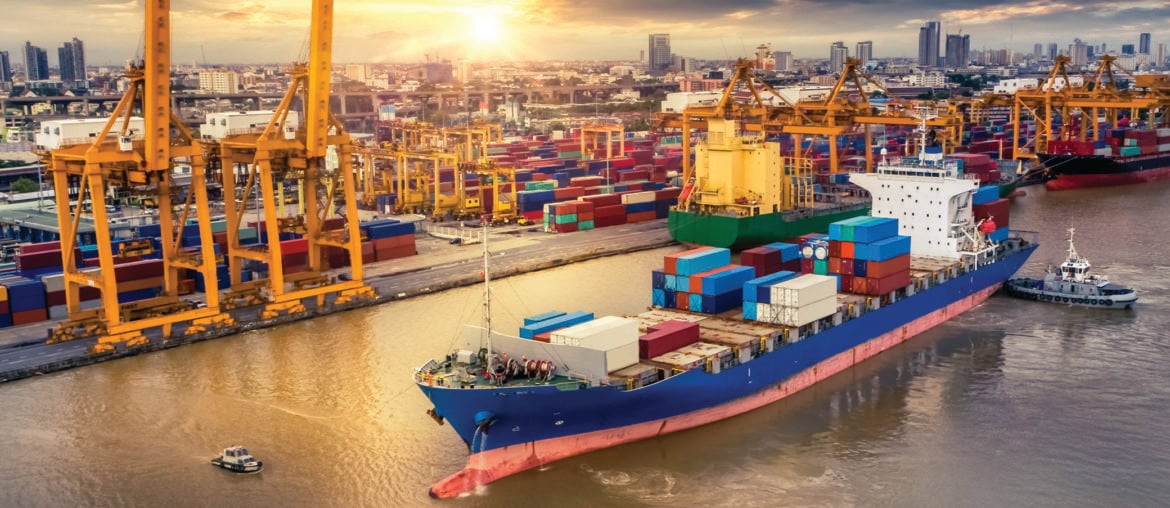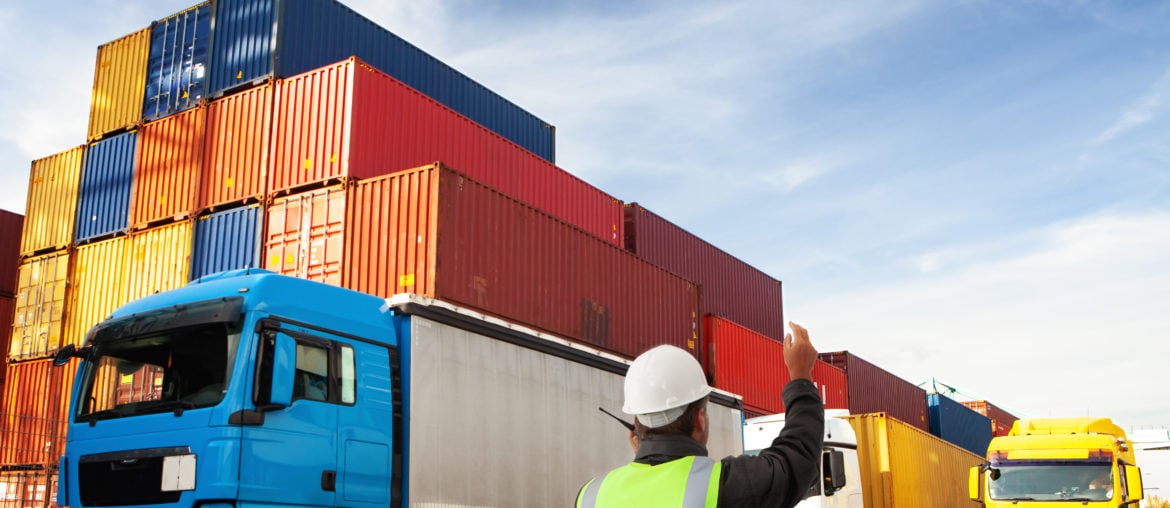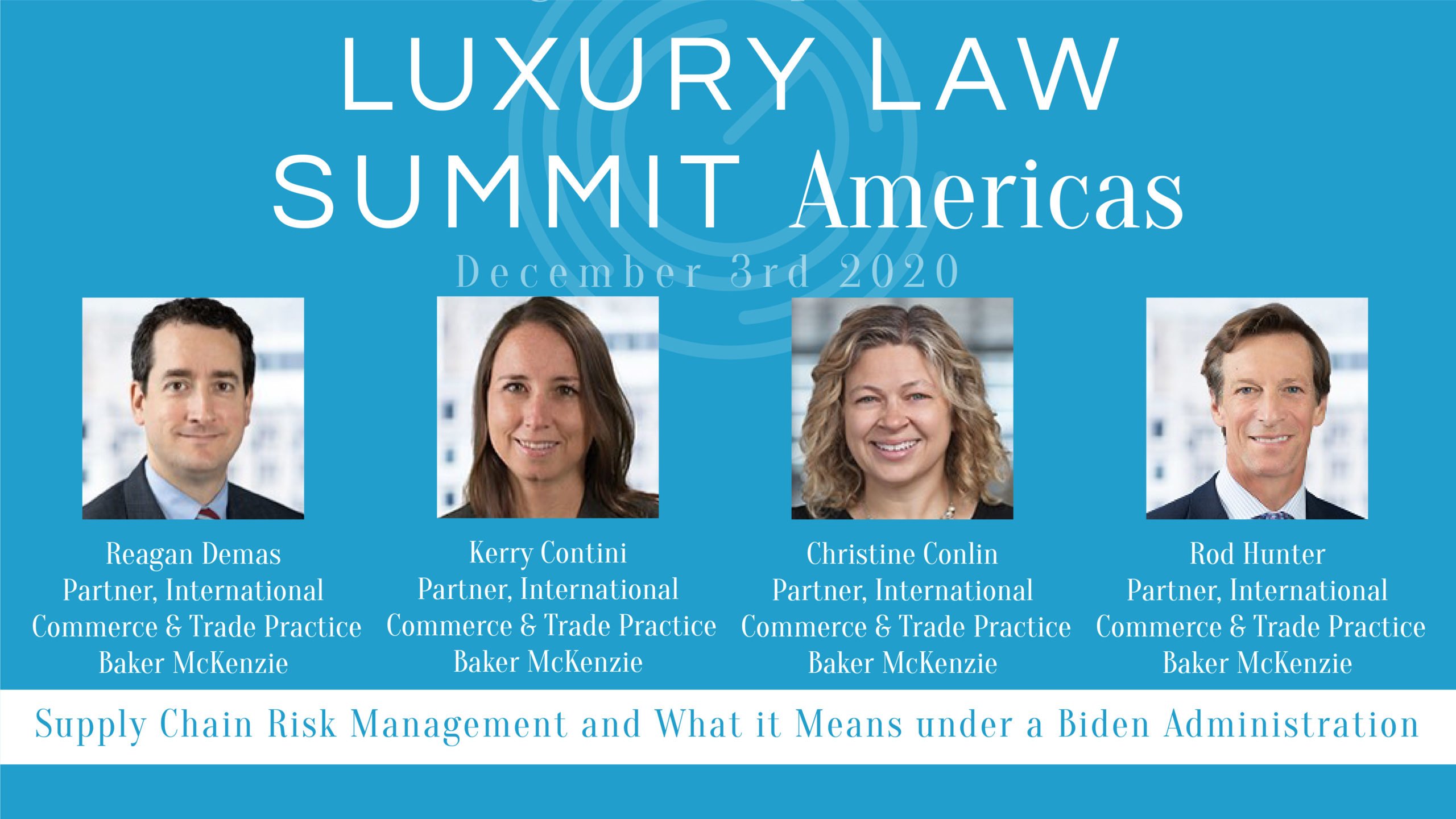This article provides an overview of the global rise in human and labour rights legislation linked to trade measures. In particular, it examines: The Rise of International Human and Labour Rights Legislation Linked to Trade Measures Over the past decade there has been an accelerating trend toward a global legal regulatory framework requiring entities to comply with international human and labour rights in their own enterprise and supply chains through, what is referred to…
Baker McKenzie’s Import and Trade Remedies Blog has published a new post on the United Kingdom’s Plastic Packaging Tax (“PPT”) that will take effect on 1 April 2022. This tax will be payable by manufacturers and importers of plastic packaging containing less than 30% recycled plastic content. Downstream businesses that buy plastic packaging on which the tax should have already been paid may be found jointly and severally liable for any unpaid tax. With that,…
On August 19, 2021, the Federal Communications Commission (“FCC”) published a notice of proposed rulemaking (the “NPRM”) discussing potential changes it is considering making to its equipment authorization and competitive bidding programs to restrict the use of telecommunications and video surveillance equipment and services produced or provided by five Chinese companies. Those changes could further narrow the availability and use of such equipment in the United States, and restrict companies that accept financing from two…
US federal government agencies charged with implementing President Biden’s February 24, 2021 Executive Order 14017 (“America’s Supply Chains” or “Supply Chain EO”) continue to assess supply chain risks and vulnerabilities by issuing public requests for comment. Among other things, the Supply Chain EO directs the heads of several federal agencies to conduct a one-year review to examine supply chains for potential vulnerabilities in a number of sectors. (This is in addition to the 100-day reviews…
Concern regarding IP theft and other forms of unfair trade practices have been of paramount importance in the past five years in the United States – and have indeed been the justification for imposing significant and long-lasting trade barriers. The Biden Administration affirmed its commitment to using a wide range of remedies to address such trade practices through a set of reports on the 100-day interagency reviews conducted pursuant to Executive Order 14017 “America’s Supply…
As part of Europe’s economic recovery, the EU Commission has acknowledged the trading bloc’s technological and strategic dependencies will need to be addressed. The EU Commission identified a number products imported into the EU on which the EU is highly dependent in notably sensitive sectors. The EU Commission also performed six in-depth reviews on the origin of strategic dependencies and their impact on importation. The EU Commission concluded that it will continue to work on…
Over a year into the global pandemic, businesses have had to pivot to survive and adjust to new ways of conducting business. Now, more than ever, Asia Pacific business leaders are making the necessary strategic changes to meet the needs of a vastly changed business landscape — and deciding where legal expertise may be needed most to limit and manage disruption and soften risks. The State of Play Supply Chains and Trade Realignment report delves…
Please join the Baker McKenzie team on Thursday, December 3 for a workshop on Supply Chain Risk Management and What It Means Under a Biden Administration. The discussion, slated to start at 12:10pm ET, will be part of the Luxury Law Summit. Baker McKenzie experts will address risk management in the supply chain with a focus on: Supplier risk and relationship managementGrowing risk under a Democratic administrationExport controls and sanctions risks in the supply chain lifecycle,…
On March 11, 2020, the Congressional-Executive Commission on China (“CECC”) announced new proposed legislation, the Uyghur Forced Labor Prevention Act, to establish a rebuttable presumption that all labor occurring in Xinjiang, China, or by persons anywhere in China who are involved with the “re-education through labor” program targeting Chinese Turkic Muslims constitutes forced labor within the meaning of the U.S. forced labor import ban, 19 U.S.C. § 1307. The proposed act would also impose sanctions,…








